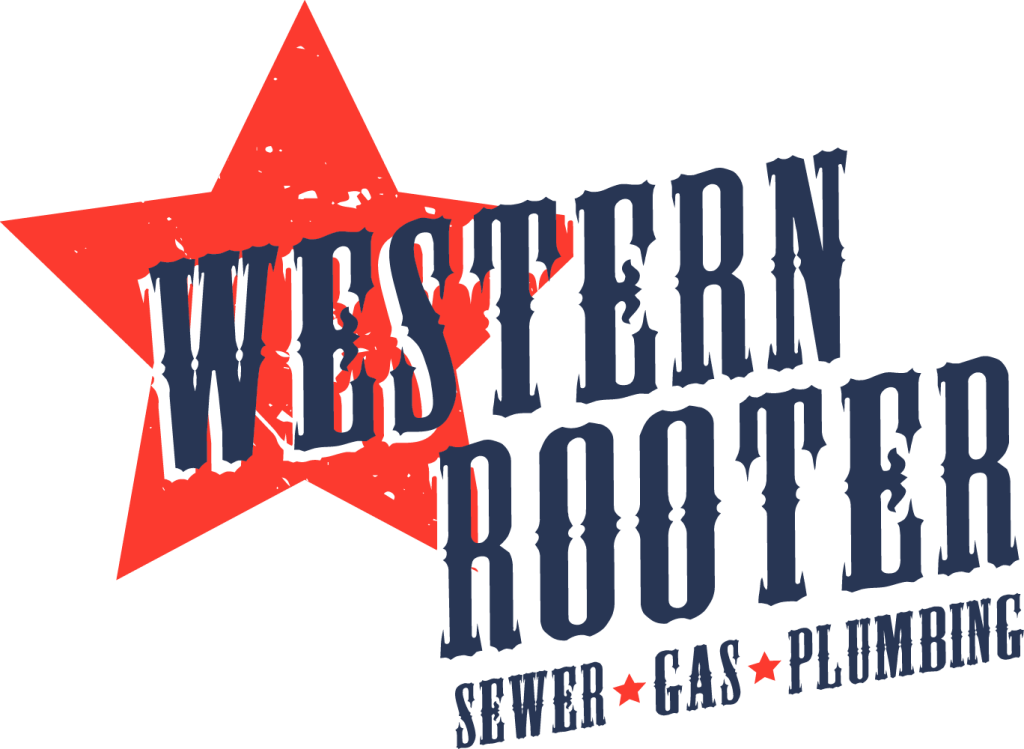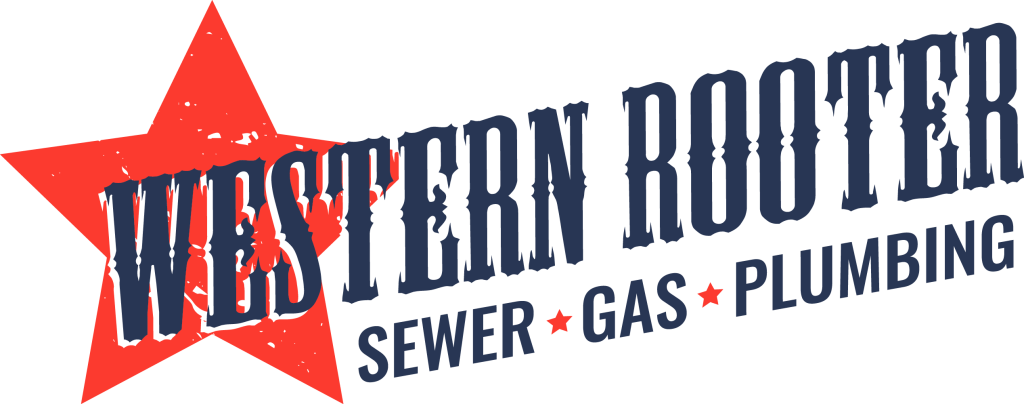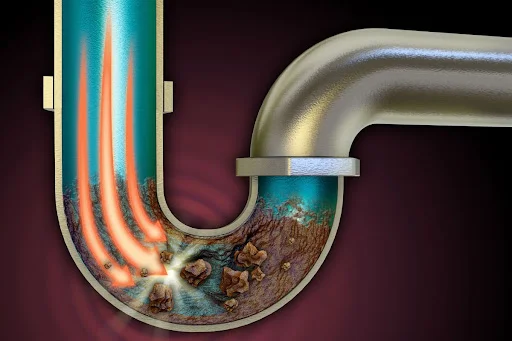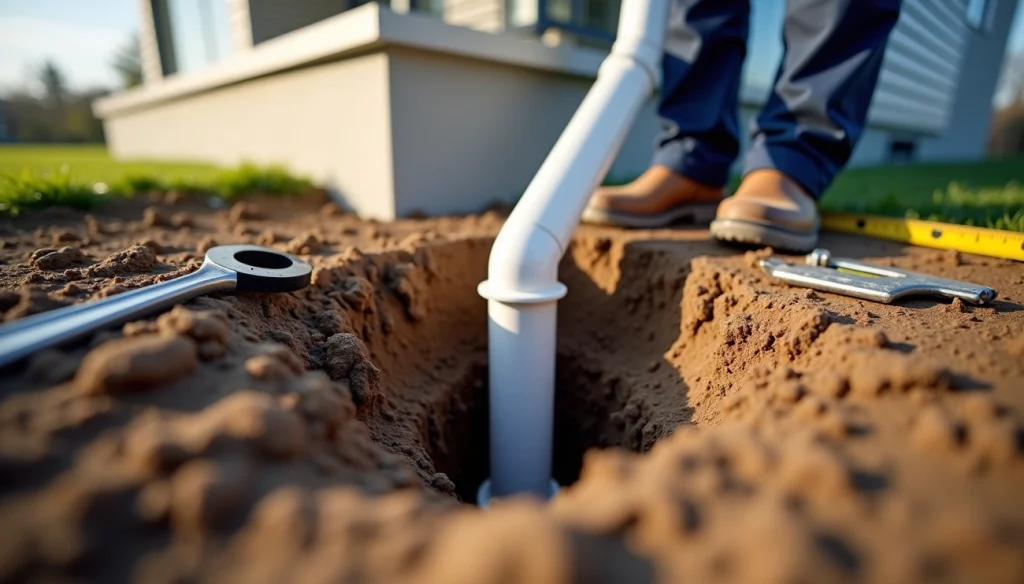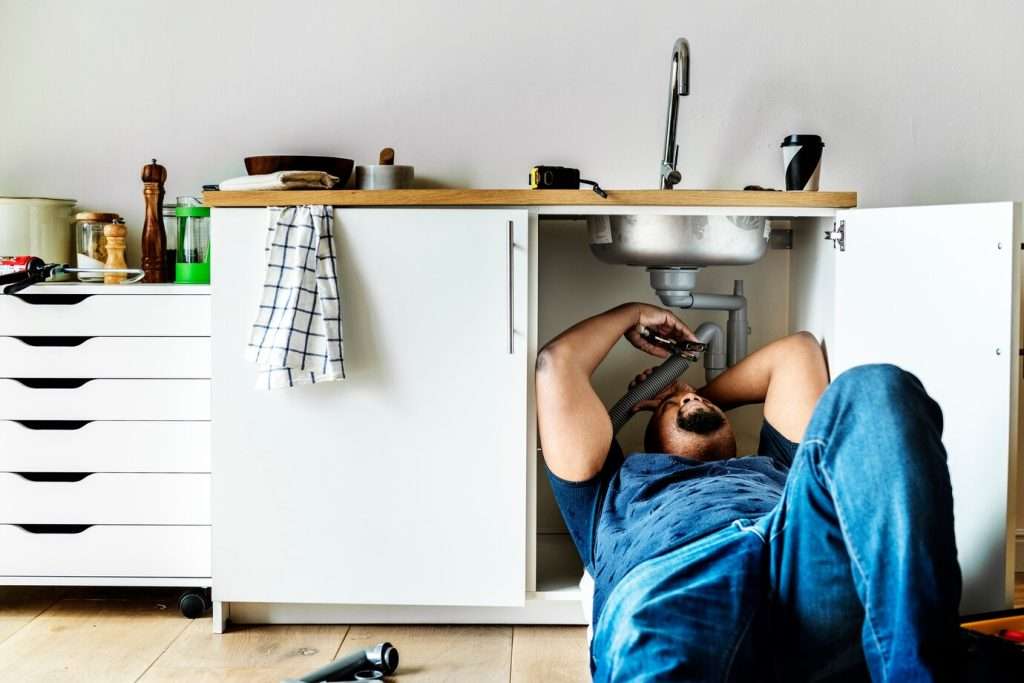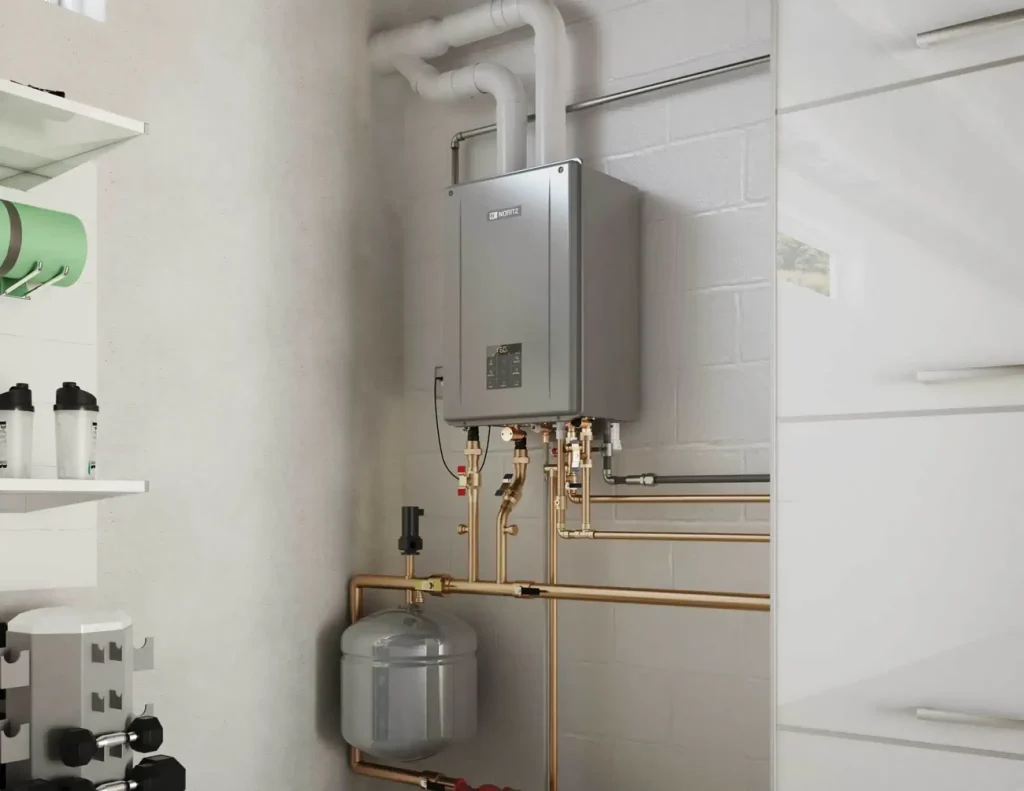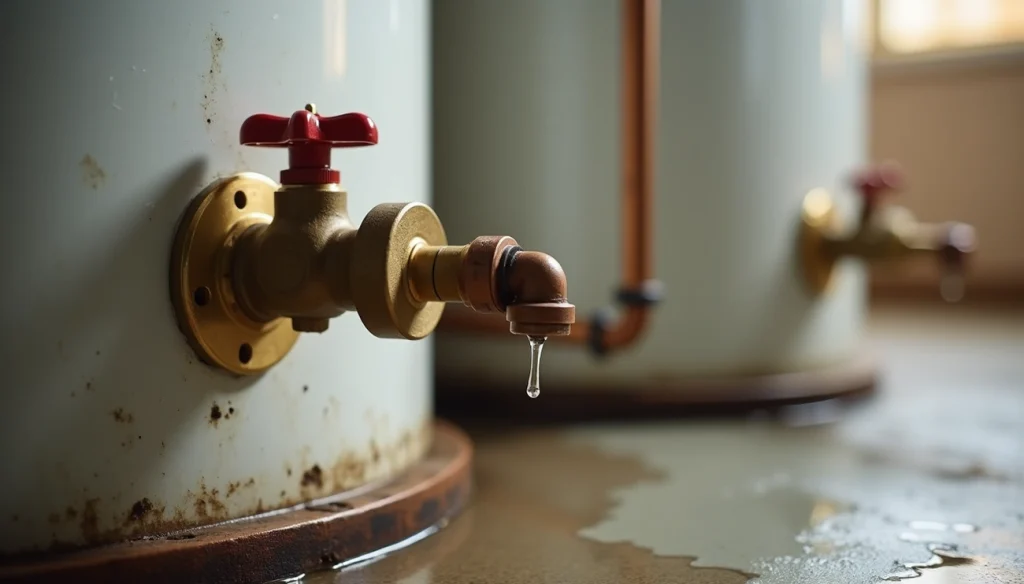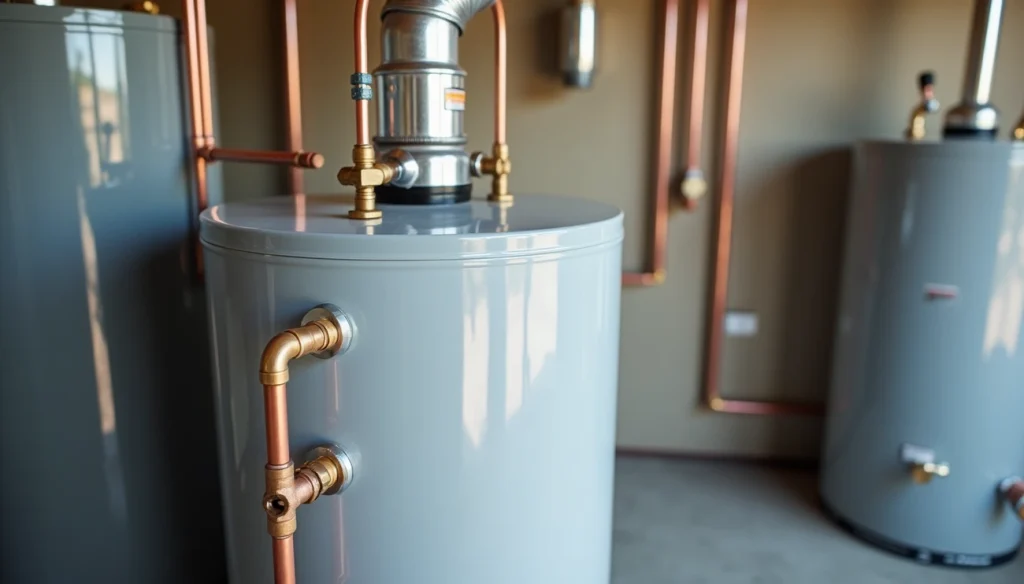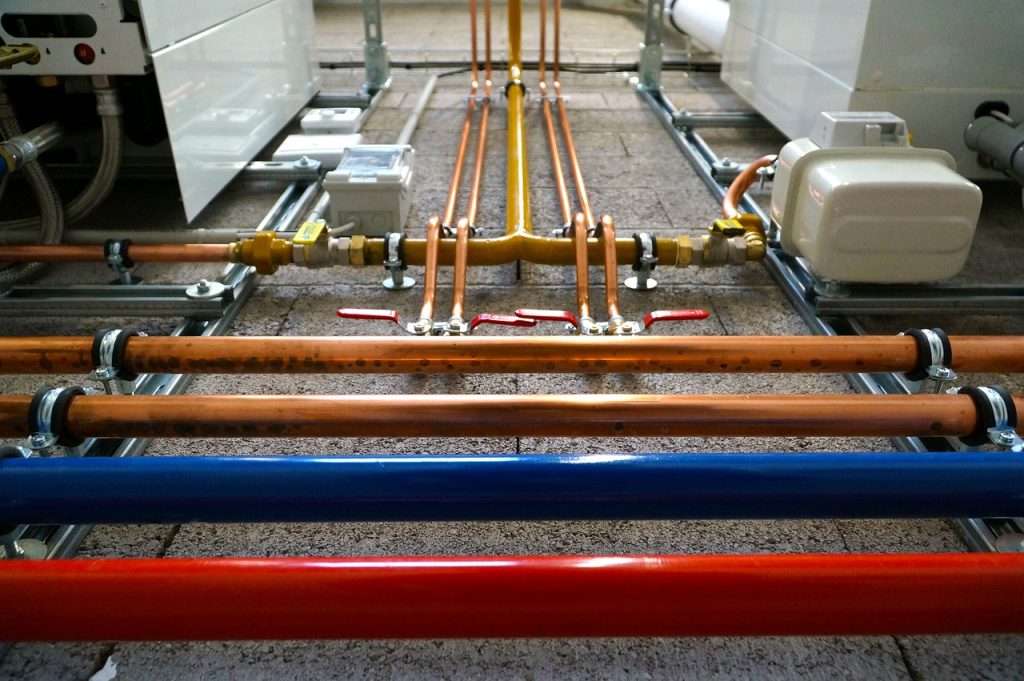Clogged drains can quickly turn your daily routine into a frustrating ordeal. Whether it’s a slow-draining shower or a backed-up kitchen sink, these common plumbing issues can disrupt your home life and potentially lead to costly repairs. Learning how to prevent drain clogs is not just a handy skill – it’s an essential part of maintaining a smooth-running household for homeowners and renters alike in Los Angeles and San Bernardino Counties.
In this guide, we’ll dive into the most effective methods to keep your drains clean and flowing freely. You’ll discover the common culprits behind drain blockages, from hair and soap scum in your shower to grease and food particles in your kitchen sink. We’ll also share practical tips for drain maintenance, including simple DIY techniques like snaking and plunging, as well as when it’s time to call in the professionals. By the end, you’ll have a toolkit of strategies to prevent clogs and keep your plumbing in top shape.
Common Causes of Drain Clogs
Understanding the common causes of drain clogs is crucial for effective prevention. By identifying these culprits, you can take proactive steps to keep your drains clean and flowing smoothly.
Kitchen Sink Clogs
Kitchen sinks are often prone to clogs due to the variety of substances that go down the drain. One of the primary offenders is [grease, fat, and oil](https://oconnorplumbing.net/11-ways-to-prevent-clogged-drains/). When these substances cool, they solidify and create stubborn blockages that can be challenging to remove. To prevent this, avoid pouring cooking oils down the drain. Instead, collect them in a container and dispose of them in the trash.
Food scraps are another common cause of kitchen sink clogs. Even with a garbage disposal, certain foods can cause problems. Coffee grounds, eggshells, and starchy foods like pasta and rice can build up over time and lead to blockages. To keep your drains from clogging, scrape food waste into the trash before rinsing dishes.
Bathroom Sink and Shower Clogs
In the bathroom, [hair](https://oconnorplumbing.net/11-ways-to-prevent-clogged-drains/) is often the main culprit behind drain clogs. As hair accumulates in the pipes, it can combine with soap scum and other debris to form stubborn blockages. To prevent this, use drain guards in your sinks and showers to catch hair before it goes down the drain. Clean these guards regularly to maintain their effectiveness.
Soap scum can also contribute to bathroom drain clogs. Over time, it can build up on the inside of pipes, reducing water flow and creating a sticky surface that traps other debris. To minimize soap scum buildup, consider using liquid soap instead of bar soap, and run hot water down the drain regularly to help dissolve any accumulation.
Toilet Clogs
Toilet clogs are often caused by flushing items that shouldn’t go down the drain. “Flushable” wipes, despite their name, can cause significant problems in your plumbing system. These wipes don’t break down as easily as toilet paper and can accumulate in your pipes, leading to blockages.
Other common causes of toilet clogs include excessive toilet paper use and flushing non-biodegradable items like hygiene products or small objects. To prevent these issues, use toilet paper in moderation and never flush anything other than human waste and toilet paper.
By understanding these common causes of drain clogs, you can take steps to prevent them and maintain a healthy plumbing system. Regular drain maintenance, including snaking and plunging when necessary, can help keep your drains clean and functioning properly. Remember, prevention is key when it comes to avoiding costly plumbing repairs and maintaining a smooth-running household.
Essential Prevention Tips for Kitchen Drains
To keep your kitchen drains flowing smoothly and prevent clogs, it’s crucial to adopt some simple yet effective habits. By following these tips, you can maintain clean drains and avoid costly plumbing issues down the line.
Proper Food Disposal
One of the most important steps in preventing drain clogs is to be mindful of what goes down your sink. Avoid sending food scraps down the drain, even if you have a garbage disposal. Instead, scrape plates and containers into the trash before washing them. This simple habit can significantly reduce the risk of clogs forming in your pipes.
Certain foods are particularly problematic for drains. Avoid putting items like coffee grounds, eggshells, and fibrous vegetables (such as corn husks and artichokes) down the disposal. These can accumulate and cause blockages over time. Additionally, starchy foods like pasta and rice should be kept out of the drain, as they can expand and create obstructions.
Using Drain Strainers
A simple yet effective tool for preventing drain clogs is a kitchen sink strainer. These inexpensive devices fit over or inside your drain and collect food particles and other debris as you wash dishes. Regularly empty the contents of the strainer into the trash to keep your drains clear.
When choosing a drain strainer, look for one with a design that prevents clogs and is easy to clean. Some modern strainers, like the Dripsie, feature a rimless, flexible design that fits most kitchen sink drains and is simple to maintain.
Grease Management
Grease is one of the most common culprits behind kitchen drain clogs. When hot grease cools, it solidifies and can stick to the inside of pipes, gradually narrowing the opening and trapping other debris. To prevent grease-related clogs, never pour cooking oils, fats, or grease down the drain.
Instead, dispose of grease properly by pouring it into a disposable container, such as an empty coffee can or jar. Let the grease cool and solidify at room temperature, then throw the container in the trash. For smaller amounts of grease, wipe down pots and pans with a paper towel before washing them, and discard the towel in the garbage.
To further prevent grease buildup, flush your kitchen drain with hot water regularly. Once a month, boil a pot of water and carefully pour it down the drain, followed by running warm water for a couple of minutes. This helps melt and flush away any small grease deposits that may have accumulated.
By implementing these essential prevention tips, you can maintain clean and clog-free kitchen drains. Remember, the key to preventing drain clogs is being mindful of what goes down your sink and taking proactive steps to keep your pipes clear. With proper food disposal habits, the use of drain strainers, and careful grease management, you can avoid many common kitchen drain issues and keep your plumbing system running smoothly.
Bathroom Drain Maintenance Strategies
Keeping your bathroom drains clean and clog-free is essential for maintaining a smooth-running household. By implementing a few simple strategies, you can prevent common issues and extend the life of your plumbing system.
Hair Management
Hair is one of the most common culprits behind bathroom drain clogs. To prevent hair from causing blockages, consider using a drain screen or mesh strainer in your shower and sink. These inexpensive devices catch hair and debris before they enter the drain, making them easy to remove and dispose of properly. Clean these strainers regularly to ensure optimal performance and eliminate odors.
Another effective strategy is to brush your hair before showering or bathing. This simple habit can significantly reduce the amount of loose hair that ends up in your drain. If you’re not washing your hair, wearing a shower cap can help keep stray strands in check.
Regular Cleaning Routines
Establishing a consistent cleaning schedule is crucial for preventing drain clogs. Make it a habit to clean your bathroom drains at least once a week. After each use, run hot water through the drain to help flush away any soap scum or residue that may have accumulated.
For a more thorough cleaning, try this natural solution: pour one-half cup of baking soda down the drain, followed by one cup of white vinegar. Let this mixture sit for about 10 minutes, then flush with hot water. This method can help eliminate minor clogs and keep your drains flowing smoothly.
To maintain optimal drain health, consider flushing all your bathroom drains simultaneously once a month. Close all drain openings, fill the tub and sinks with warm water, then open the drains and flush the toilet at the same time. This creates a surge of water that can help break up any developing clogs.
Proper Product Usage
The products you use in your bathroom can have a significant impact on drain health. To prevent clogs, it’s best to avoid oil-based body and hair products when showering or bathing. These products can leave residue that builds up over time, leading to blockages.
If you do use oil-based products, consider wiping off excess product with a paper towel before getting in the shower. This simple step can help reduce the amount of oil that enters your plumbing system.
When it comes to cleaning your drains, avoid using harsh chemical cleaners. These products can damage your pipes over time and may not be effective against all types of clogs. Instead, opt for natural solutions like the baking soda and vinegar method mentioned earlier, or use enzymatic cleaners that are specifically designed to break down organic matter in drains.
By implementing these bathroom drain maintenance strategies, you can significantly reduce the risk of clogs and keep your drains flowing smoothly. Remember, prevention is key when it comes to maintaining a healthy plumbing system. Regular care and attention to your bathroom drains can save you time, money, and frustration in the long run.
When to Call a Professional Plumber
While regular maintenance can help prevent many drain issues, there are times when professional intervention is necessary. Knowing when to call a plumber can save you time, money, and potential damage to your home’s plumbing system.
Signs of Severe Clogs
Sometimes, drain clogs can be more serious than they appear. If you notice any of the following signs, it’s time to call in a professional:
- Multiple slow drains: If several drains in your home are draining slowly, it could indicate a problem with your main sewer line. This is not something you should attempt to fix on your own.
- Persistent foul odors: If you smell a rotten egg or sewage-like odor coming from your drains, it could be a sign of a severe clog or even a broken sewer pipe. This requires immediate professional attention.
- Gurgling sounds: When you hear gurgling noises coming from your drains, especially when using water in another part of the house, it’s often a sign of a significant blockage.
- Water backing up: If you notice water backing up into other fixtures when you use the toilet or run the washing machine, it’s a clear indication of a serious clog that needs professional attention.
- Recurring clogs: If you find yourself dealing with the same clog repeatedly, even after attempting to clear it, it’s time to call a plumber. This could be a sign of a deeper issue within your plumbing system.
Benefits of Professional Drain Cleaning
While DIY methods can sometimes clear minor clogs, professional drain cleaning offers several advantages:
- Thorough cleaning: Professional plumbers use specialized equipment like hydro-jetting and mechanical augers to clean your entire plumbing system, including the main sewer line. This ensures a more comprehensive cleaning than what you can achieve with household tools.
- Preventive maintenance: Regular professional drain cleaning can help prevent future clogs by removing buildup before it becomes a problem. This can save you money in the long run by avoiding costly emergency repairs.
- Identification of underlying issues: Professional plumbers can use camera inspections to identify potential problems like tree root intrusion or pipe damage that may be causing recurring clogs.
- Long-term solutions: Professional drain cleaning not only removes existing clogs but also helps to prevent future blockages, providing a more lasting solution to your drain problems.
- Protection of your plumbing system: DIY methods, especially chemical drain cleaners, can sometimes damage your pipes. Professional cleaning methods are safer and more effective, helping to extend the life of your plumbing system.
Remember, when it comes to how to prevent drain clogs, regular maintenance is key. However, when you encounter persistent or severe issues, don’t hesitate to call a professional plumber. They have the expertise and tools to keep your drains clean and your plumbing system running smoothly.
Conclusion
Maintaining clean and free-flowing drains is crucial for a smooth-running household. By understanding the common causes of clogs and implementing preventive measures, homeowners can avoid many plumbing headaches. Regular maintenance, like using drain strainers and proper disposal of grease and food waste, goes a long way in keeping kitchen and bathroom drains clear. These simple habits not only prevent clogs but also extend the life of your plumbing system, saving you time and money in the long run.
While many drain issues can be handled with DIY methods, some situations call for professional help. Recognizing the signs of severe clogs and knowing when to call a plumber is essential for protecting your home’s plumbing. Regular professional drain cleaning offers thorough maintenance and can spot potential problems before they become major issues. To wrap up, whether you’re a homeowner in Los Angeles or San Bernardino County dealing with common plumbing problems, or a property manager looking after multi-unit properties, staying proactive about drain care is key. Contact Western Rooter today for a free estimate and keep your drains flowing smoothly!
